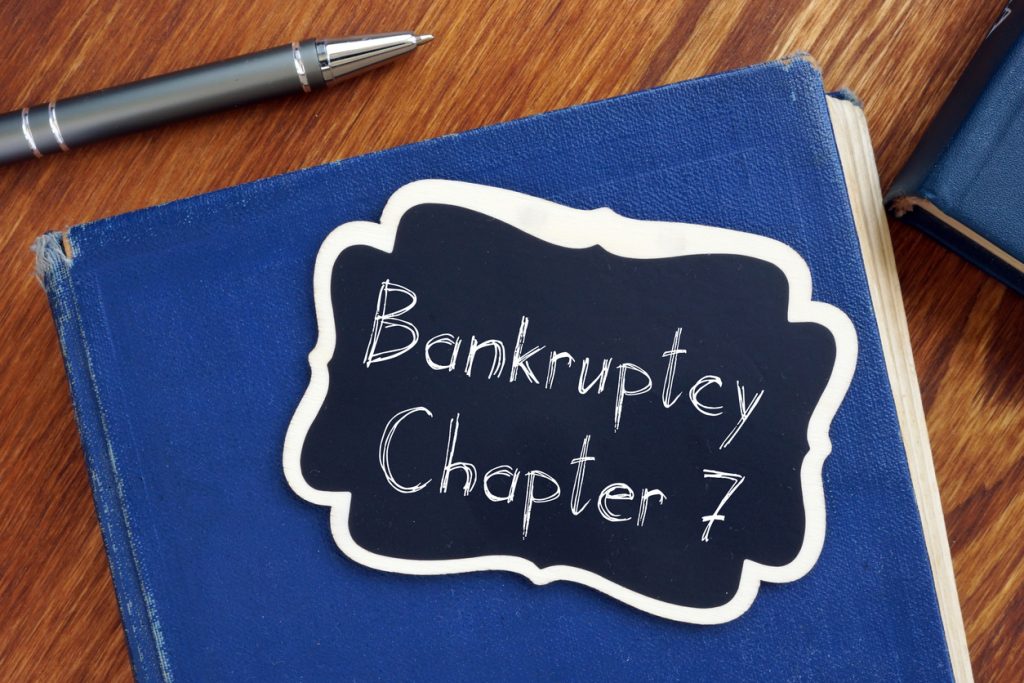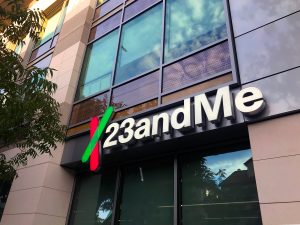When individuals struggle with overwhelming tax debt, bankruptcy may offer a viable solution. However, not all tax debts are dischargeable, and the type of bankruptcy filed significantly impacts whether IRS obligations can be eliminated. Understanding the key differences between Chapter 7 and Chapter 13 bankruptcy is essential for taxpayers seeking relief. Las Vegas’ premier tax attorneys help individuals assess their financial situations and determine the most effective strategy for managing IRS debt through bankruptcy.
Understanding Bankruptcy and IRS Debt Discharge
Bankruptcy provides financial relief by discharging certain debts or restructuring repayment terms. While it is possible to discharge some IRS tax debts, specific criteria must be met, and the process varies depending on whether an individual files for Chapter 7 or Chapter 13 bankruptcy.
The IRS distinguishes between priority and non-priority tax debts. Priority tax debts, which include recent income tax liabilities and fraud penalties, are generally not dischargeable. However, older income tax debts that meet certain requirements may be eliminated through bankruptcy. Additionally, taxpayers must ensure that they have filed all required tax returns before filing for bankruptcy. Failure to do so can result in delays or even denial of debt relief.
Chapter 7 Bankruptcy and IRS Debt
Chapter 7 bankruptcy, often referred to as “liquidation bankruptcy,” allows debtors to discharge qualifying debts relatively quickly. This process involves liquidating non-exempt assets to repay creditors, after which remaining eligible debts are discharged.
Eligibility for Discharging IRS Debt Under Chapter 7
To discharge IRS tax debt through Chapter 7, the following conditions must typically be met:
- The Three-Year Rule: The tax return for the debt must have been due at least three years before the bankruptcy filing.
- The Two-Year Rule: The taxpayer must have filed the tax return at least two years before filing for bankruptcy.
- The 240-Day Rule: The IRS must have assessed the tax liability at least 240 days before the bankruptcy filing.
- No Fraud or Willful Evasion: If the taxpayer committed fraud or willfully evaded taxes, the debt remains non-dischargeable.
If these criteria are satisfied, Chapter 7 can eliminate eligible IRS debt, allowing individuals to move forward without the burden of certain past-due taxes. However, tax liens filed by the IRS before bankruptcy will remain attached to the taxpayer’s property even after discharge. This means that while the obligation to pay the debt may be eliminated, the IRS can still seize property to satisfy the lien.
Chapter 13 Bankruptcy and IRS Debt
Chapter 13 bankruptcy, also known as “reorganization bankruptcy,” enables individuals to create a structured repayment plan spanning three to five years. Unlike Chapter 7, which may discharge IRS debt outright, Chapter 13 requires debtors to repay a portion or all of their tax obligations through a court-approved plan.
Benefits of Chapter 13 for Tax Debt
While Chapter 13 does not provide immediate debt elimination, it offers several advantages for managing IRS obligations:
- Protection from Collection Actions: The IRS cannot initiate wage garnishments, levies, or other collection efforts once a bankruptcy petition is filed.
- Repayment of Non-Dischargeable Taxes: Recent tax debts, which do not qualify for discharge under Chapter 7, can be repaid over time without accruing additional penalties.
- Potential Reduction of Non-Priority Tax Debts: If IRS debts meet dischargeability requirements, any remaining balance after the repayment plan ends may be eliminated.
- Flexible Payment Terms: Chapter 13 allows individuals to repay tax debts in smaller, manageable installments, easing financial strain.
- Retention of Assets: Unlike Chapter 7, Chapter 13 allows debtors to keep their homes, vehicles, and other valuable assets while repaying their debts in an organized manner.
Key Differences Between Chapter 7 and Chapter 13 for IRS Debt
Understanding the distinctions between Chapter 7 and Chapter 13 is crucial when deciding how to address IRS liabilities.
- Speed of Relief: Chapter 7 discharges eligible tax debts quickly (usually within four to six months), while Chapter 13 requires long-term repayment.
- Asset Protection: Chapter 13 allows debtors to keep their assets, whereas Chapter 7 may require liquidation of non-exempt property.
- Impact on Tax Liens: Chapter 7 may eliminate tax debts but does not remove IRS liens, while Chapter 13 provides a path to satisfying liens over time.
- Repayment Obligations: Chapter 13 mandates repayment of non-dischargeable tax debts through a structured plan, whereas Chapter 7 eliminates qualifying debts outright.
- Credit Impact: While both types of bankruptcy negatively affect credit scores, Chapter 7 remains on credit reports for ten years, whereas Chapter 13 stays for seven years.
Determining the Right Bankruptcy Option for IRS Debt Relief
Choosing between Chapter 7 and Chapter 13 depends on multiple factors, including the type and age of IRS debt, income level, and financial goals. Las Vegas’ premier tax attorneys analyze each client’s unique situation to recommend the best bankruptcy option.
When to Choose Chapter 7
Chapter 7 may be the right choice for individuals who:
- Have older tax debts that qualify for discharge under bankruptcy rules.
- Lack sufficient disposable income to commit to a repayment plan.
- Do not have significant assets that could be liquidated to satisfy creditors.
- Seek a faster resolution to their financial challenges.
When to Choose Chapter 13
Chapter 13 may be a better option for individuals who:
- Have tax debts that do not meet the discharge requirements under Chapter 7.
- Wish to protect their assets from liquidation.
- Need a structured repayment plan to manage IRS debt without additional penalties.
- Face ongoing IRS collection efforts and require legal protection.
- Have sufficient income to make regular payments and fulfill a repayment plan.
Seeking Legal Assistance for Bankruptcy and IRS Debt
Navigating bankruptcy laws and IRS regulations can be complex. Seeking professional guidance ensures individuals choose the most effective approach for managing their tax liabilities. Las Vegas’ premier tax attorneys assist clients in determining whether Chapter 7 or Chapter 13 is the best path to relief, handling all necessary filings and negotiations with the IRS.
By understanding the distinctions between Chapter 7 and Chapter 13 bankruptcy, taxpayers can make informed decisions about discharging IRS debt. While both options offer advantages, the right choice depends on individual circumstances and long-term financial goals. Consulting with experienced legal professionals provides clarity and maximizes the potential for a successful resolution of tax debt challenges. Additionally, working with a skilled bankruptcy attorney can help individuals avoid common mistakes that may result in dismissal of their case or denial of a discharge. Proper legal guidance ensures that all necessary paperwork is filed correctly and that clients receive the full benefits of bankruptcy protection.





















